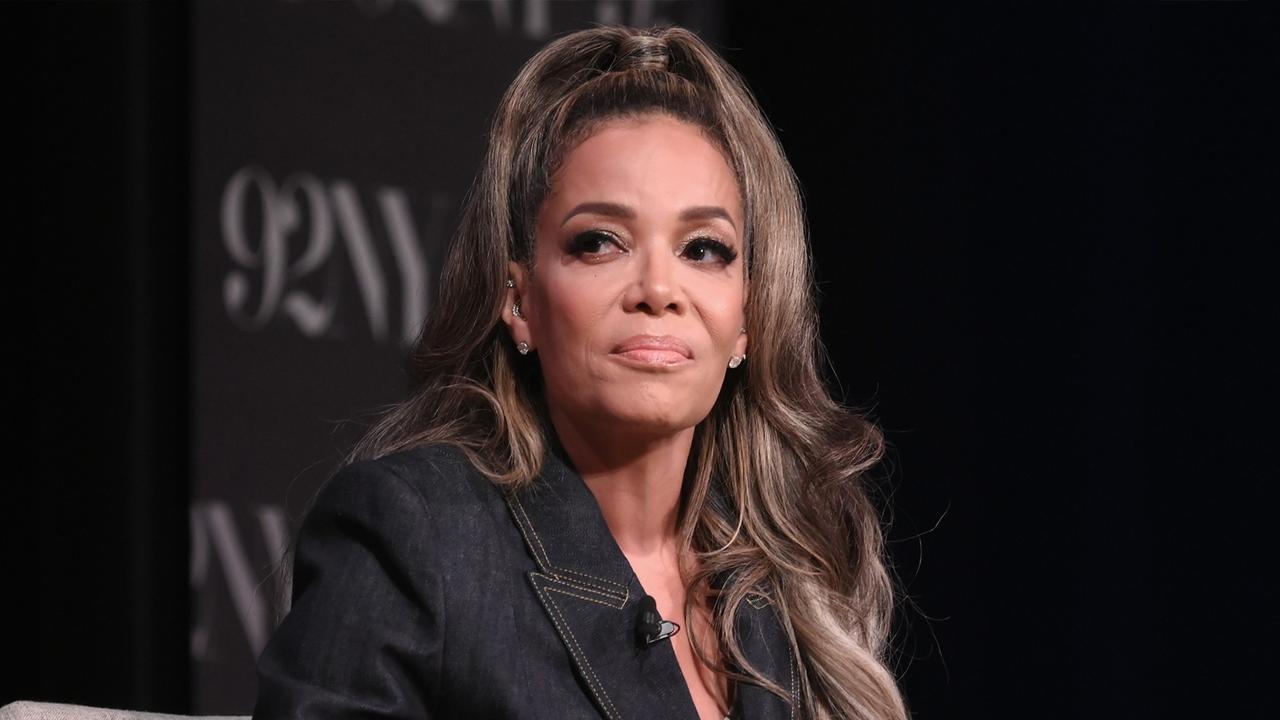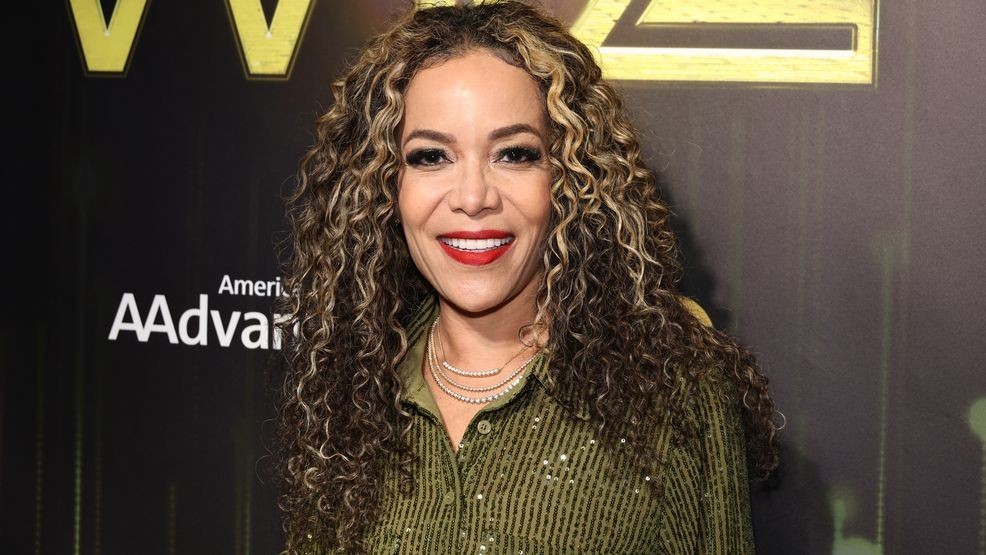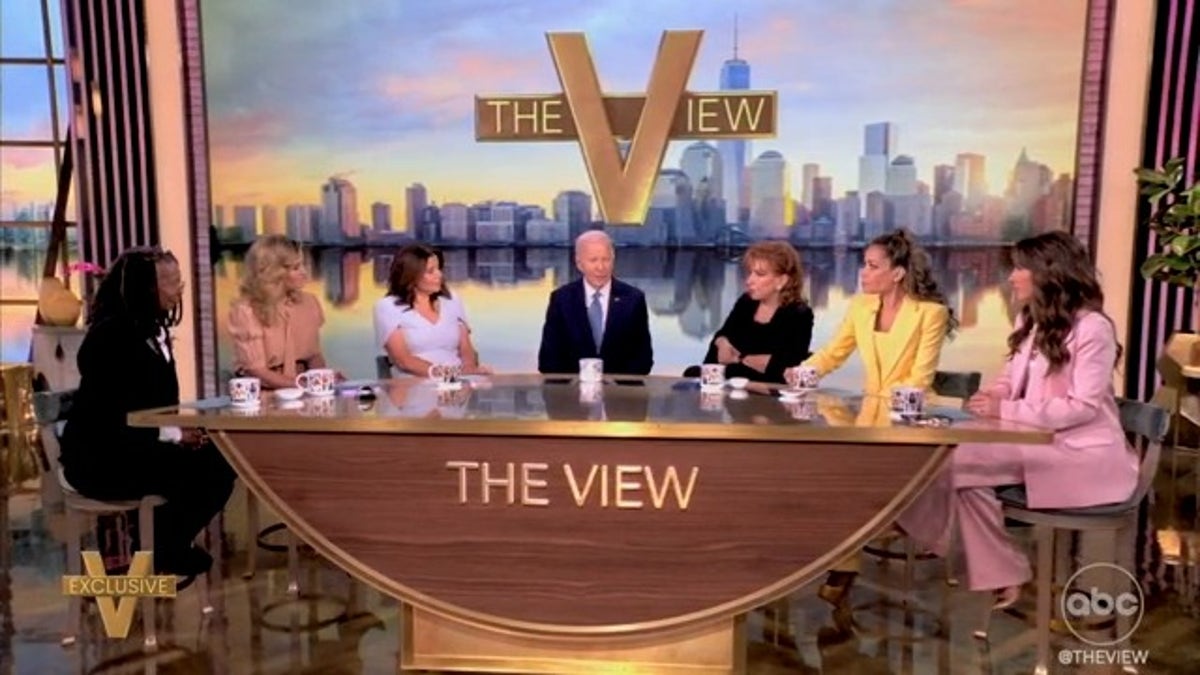Sunny Hostin Claims US is a ‘Misogynistic Country’ Because Female Presidential Candidates Keep Losing
In a recent discussion on *The View*, co-host Sunny Hostin made waves by declaring that the United States operates as a “misogynistic country” as evident through the repeated failures of female presidential candidates to secure the presidency. This assertion triggered a lively debate among the show’s hosts, each providing their perspectives on whether sexism truly shapes the political landscape in the country.
The Reality of Female Candidates in U.S. Politics
Sunny Hostin pointed out the notable losses of female candidates like Hillary Clinton and Kamala Harris, using these examples to highlight what she perceives as systemic misogyny inherent in the U.S. political system. According to Hostin, the absence of a female president after centuries of electoral history underscores deep-rooted gender bias in American society.
However, co-host Sara Haines and former Trump aide Alyssa Farah Griffin offered a differing perspective. They argued that while systemic issues like sexism may be influential, they are just one component of a much larger and complex electoral dynamic. Haines stressed the importance of considering the unique contexts surrounding each candidate’s campaign, urging viewers to not oversimplify the reasons behind these outcomes by attributing them solely to gender discrimination.
Historical Context and Examples of Gender Bias
The female candidates who have pursued the presidency in the U.S. have often faced not only rigid challenges related to misogyny but also obstacles inherent in their individual political journeys. Joy Behar, another co-host, echoed Hostin’s sentiments by pointing out that the U.S. has consistently failed to elect a woman as president. This reality stands as a testament to the potential gender bias that may exist within political frameworks and voter behavior.
Despite this, Griffin pointed out that while sexism and racism undeniably play roles in an election, they do not solely dictate the results. She referenced Harris’s impressive fundraising efforts and polling during her campaign as evidence that voters did take her candidacy seriously. This insight raises important questions about the multifaceted nature of electoral success or failure.
Media Influence and Public Perception
Another critical angle discussed during the episode revolved around how media representation may have shaped public perceptions of female candidates. Hostin posited that the media had weaponized controversies surrounding Bill Clinton against Hillary Clinton during her campaign, framing her as one of the most qualified candidates yet unable to overcome the media’s narrative. This points to a potential contributing factor in electoral outcomes for female candidates: the narratives and framing presented through media channels.
Building on the dialogue, President Biden previously suggested that sexism significantly influenced Harris’s campaign setbacks, mentioning that despite her qualifications, societal perceptions about gender can hinder a female candidate’s chances. This recounts a broader narrative, underscoring that perceptions tied to gender can directly interfere with public support for female leaders.
Understanding the Nuances in the Debate
The conversation on *The View* illuminated the need for a nuanced understanding of how gender bias interacts with other social issues in shaping electoral results for women in politics. Throughout the discussion, the hosts encouraged a comprehensive view rather than a singular analysis that could lead to misconceptions about the entire electoral landscape. By navigating through various dimensions, including individual candidate circumstances, media roles, and societal perceptions, a more layered understanding of electoral dynamics emerges.
The ongoing conversation about the challenges female candidates face serves as a mirror reflecting broader societal values and biases. As America progresses, the hope is for a future where gender equality within political circles becomes a reality, allowing for diverse voices and perspectives to lead the nation towards a more representative government.
Each viewpoint shared on this episode serves as a reminder of the complex interplay of factors influencing not just women in politics but the broader landscape of American democracy. The urgency for dialogue and awareness continues, pushing for a more equitable society that validates and supports female leadership at the highest levels.
To engage in further conversations and insights surrounding gender bias in politics, tune into *The View* or explore local platforms addressing these vital issues. Understanding the nuances is crucial for fostering an environment that supports female candidates and recognizes their contributions to democracy.



